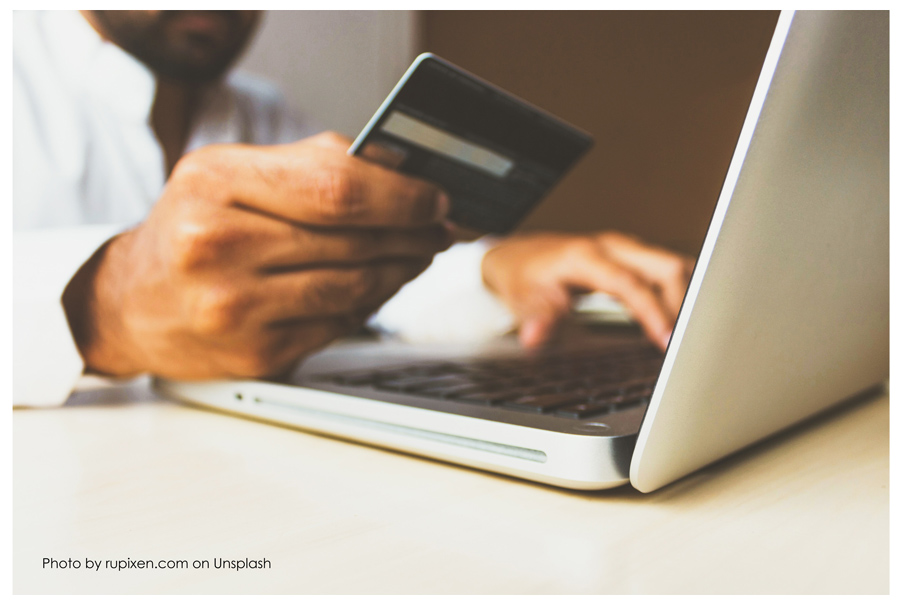Why is cybersecurity important?
As of 2019, data breaches cost small companies around $200k per incident, and that number continues to rise. The fact of the matter is that small business can’t afford to let “the big one” happen — many companies would have to shutter their windows if an incident were to occur.
The threat landscape for small businesses changes every day. Especially as more companies sent their employees to work from home during the COVID-19 pandemic, endpoint security was pushed into stark relief as becoming one of the most important aspects of a company’s security posture. With company laptops being used on personal home networks, and people being connected simply through a screen instead of seeing each other face-to-face, malicious actors took advantage of the situation — nearly 36 billion records were exposed throughout the year.
What can you do?
1. Small business owners should take steps now to protect their systems, instead of waiting until it’s too late. It’s relatively simple to put some precautions in place now, versus paying the price later if your systems are compromised. Learn how to protect yourself from phishing scams and business email compromise (BEC) hacking attempts. As your business grows and you gain employees, train them to spot scams as well. Essentially, remember that you shouldn’t share sensitive information via email, check the grammar in any “phishy” messages you get, and check the domain of the sender by hovering over the ‘from’ box in the email.
2. Have a disaster recovery (DR) plan. If you are hit with a cyber-attack, you need to make sure you have a backup of your data, for one. The right DR plan will be easy to implement, flexible, affordable, and secure. Working with a managed services provider would offer you the expertise you need so you can breathe easily. Whatever solution you choose, Commvault recommends having the ability to view and manage your data through a single interface — and make sure you frequently test your plan. (Because any good plan should be tested and retested often to gauge its effectiveness.)
3. Update your systems. Updates to operating systems and regular patching often carry security updates that correct flaws that have been discovered in your OS. Therefore, it’s critical to make sure your systems are up-to-date with the latest software.
4. Secure your company Wi-Fi network. Set your router so that it is password protected and encrypted and encourage your employees to do the same.
5. Use two-factor authentication to access company machines. Enabling two-factor authentication is one of the most important things any company or individual can do to combat the spread of hackers. By requiring a second factor to log in to resources (in addition to a password, you may be asked to generate a random code), it strengthens security and keeps malicious actors out of your systems.
Protect your site and keep customers safe.
With a little bit of attention, a little bit of elbow grease, and a lot of precaution, your small business can be protected against the threat of a cyber-attack. For more information about running your small business and making sure you’re getting the most out of your website security, protect your site, and keep customers safe, visit HomeOfficeXpert.com.
Related Content: Using Free Email Accounts for Business (Podcast: Morning Joe with Gibrón)
Make a brand difference.™


No comments:
Post a Comment